Publications
Articles, publications, books, tools and multimedia features from the U.S. Institute of Peace provide the latest news, analysis, research findings, practitioner guides and reports, all related to the conflict zones and issues that are at the center of the Institute’s work to prevent and reduce violent conflict.
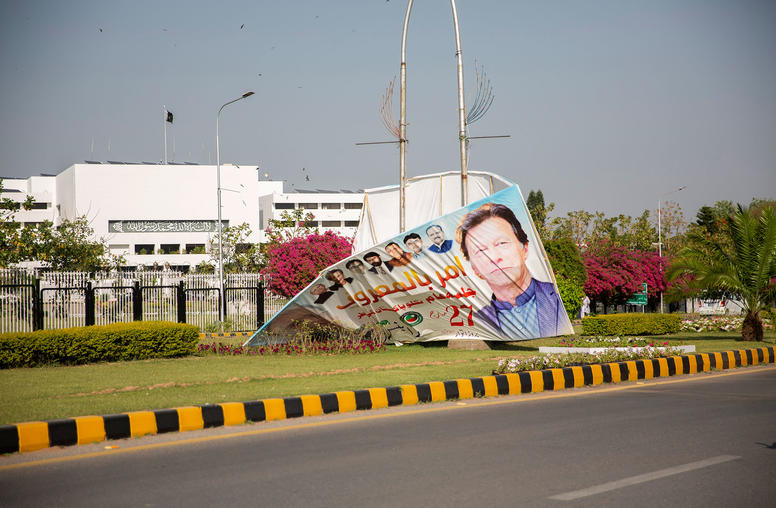
What’s Next for Pakistan’s Politics After Ouster of Imran Khan?
After a month of political crisis in Islamabad, Pakistan’s united opposition parties successfully removed Prime Minister Imran Khan in a vote of no confidence on April 10 and then on April 11 voted in opposition leader Shahbaz Sharif as the new prime minister. The votes came after the Supreme Court of Pakistan blocked earlier attempts by Khan’s Pakistan Tehreek-e-Insaaf (PTI) party government to dismiss the motion and move directly to fresh elections. Khan remains defiant despite his ouster.
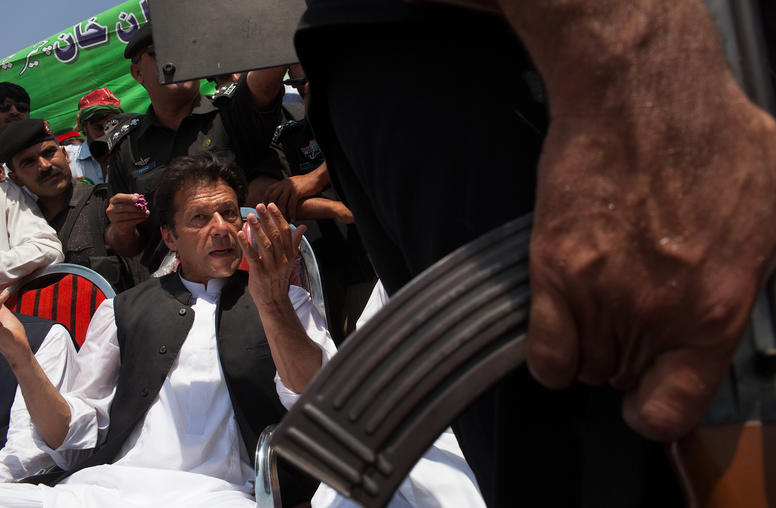
Pakistani Politics Roiled by Familiar Triangle: Military, Government, Opposition
Political uncertainty has descended on Pakistan as the combined opposition, seeking to dislodge the government of Prime Minister Imran Khan, has gathered under the banner of the Pakistan Democratic Movement (PDM). While the conflict may appear sudden, its roots lie in the 2018 general election, which the opposition claims was rigged by the military to carry the Pakistan Tehrik-e-Insaf (PTI) to power. With the government struggling to manage the economy and govern, and the opposition facing further parliamentary marginalization, the PDM has emerged as the most significant challenge to the PTI government so far. The PDM is also seeking to roll back the influence of the military in politics.
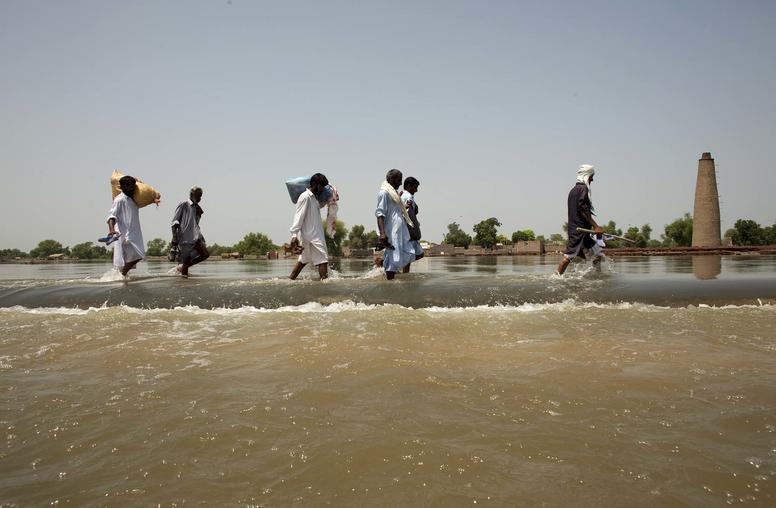
Could Water be a Flashpoint for Conflict in Pakistan?
Water has now become a commodity in many parts of the world. This is a problem in and of itself, as water is essential for every living thing. However, instead of being equally and fairly available to all, water mafias have emerged around the world and put a stranglehold on this essential resource. In Pakistan, this is most starkly seen in urban centers; however, rural areas have also been affected. Urban or rural, the most impoverished sectors of society are the ones most negatively impacted by water’s commoditization. This situation is ripe for conflict, especially in places where poor governance and rule of law are endemic.
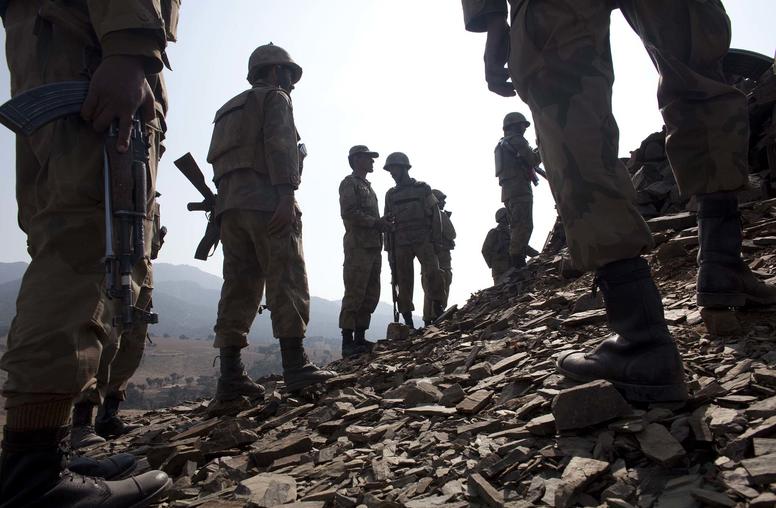
Biden and Washington’s Perennial Pakistan Problem
Among the many challenges facing the Biden administration will be addressing the infamously dysfunctional U.S.-Pakistan relationship. Anyone familiar with how Islamabad and Washington have interacted over the last 74 years will resort to tired metaphors: a roller-coaster ride, a sine wave, the dynamic between an overbearing mother-in-law and her daughter-in-law. These clichés reflect the reality that the relationship has rarely been stable and usually is either declining precipitously or accelerating unsustainably. The challenge for the new administration will be to find a way to work productively with Pakistan without oscillating between peaks of enthusiasm and depths of cynicism.
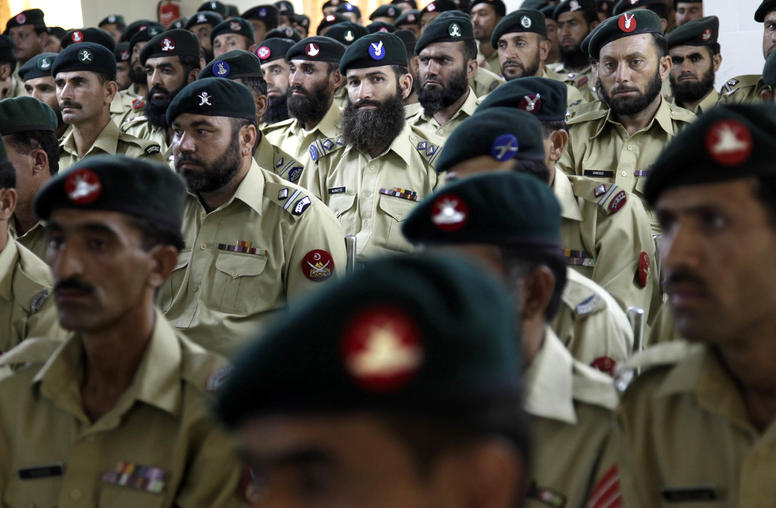
Five Key Issues Facing Pakistan’s New Army Chief
Pakistan just underwent a major military transition. Last week, Prime Minister Shahbaz Sharif appointed General Asim Munir as the new chief of the country’s powerful army, succeeding Qamar Bajwa who held the position for six years. Munir is a former chief of Pakistan’s powerful intelligence service, the Inter-Services Intelligence (ISI), and before that the head of the country’s military intelligence. In nuclear-armed Pakistan with the world’s fifth largest military and a history of military rule, the army chief tends to be the most powerful leader — at times even perceived as the de facto leader due to significant influence over Pakistan’s domestic and foreign policies.
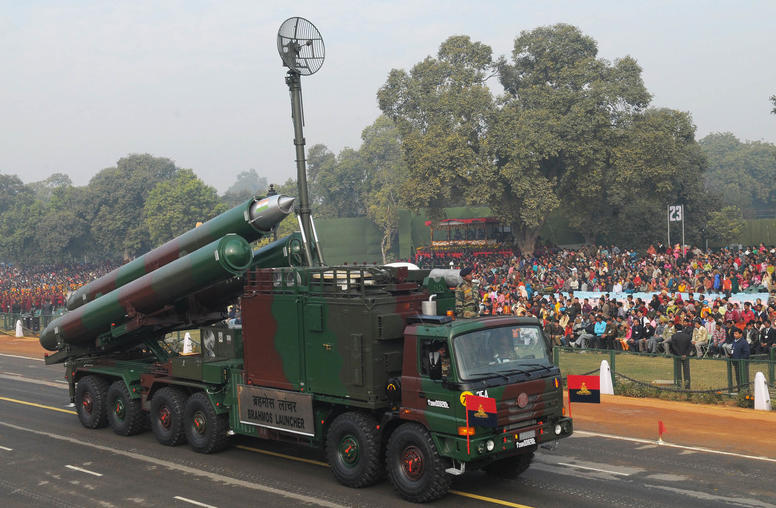
The Persistent Threat of Nuclear Crises Among China, India and Pakistan
Southern Asia — India, Pakistan and China — is the only place on earth where three nuclear-armed states have recently engaged in violent confrontations along their contested borders. As a USIP senior study group report concluded last year, the problem of nuclear stability in Southern Asia is getting harder to manage because of geopolitical changes, such as rising India-China border tensions, as well as evolving military technologies, including growing nuclear arsenals and more capable delivery systems. Unfortunately, in the time since that senior study group completed its work, little has happened to revise its worrisome conclusion or to prevent the most likely triggering causes of a nuclearized crisis in Southern Asia. To the contrary, there are some good reasons to fear that the situation in Southern Asia has even deteriorated over the past year.
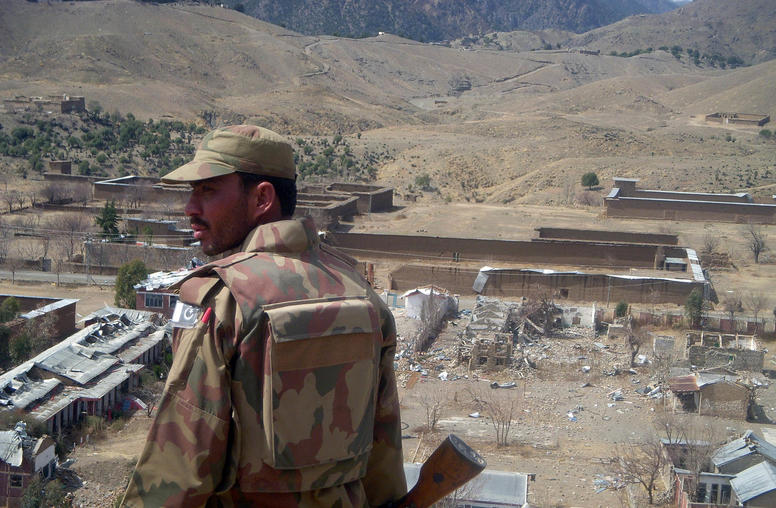
Is Pakistan Poised to Take on the TTP?
The Pakistani Taliban’s late January attack in Peshawar, the capital of Pakistan’s Khyber Pakhtunkhwa province, claimed the lives of more than 100 worshipping at a police compound mosque. The bombing was claimed by a faction of the Tehreek-e-Taliban Pakistan (TTP, also known as the Pakistani Taliban) initially, but later denied by the TTP’s central leadership. It was the group’s deadliest attack since its 2021 resurgence after the Afghan Taliban took power in Afghanistan. As Pakistan struggles with a major economic crisis, the fallout from the deadly floods of last fall and an ever-turbulent political scene, the TTP’s growing threat presents yet another challenge for the struggling nation.
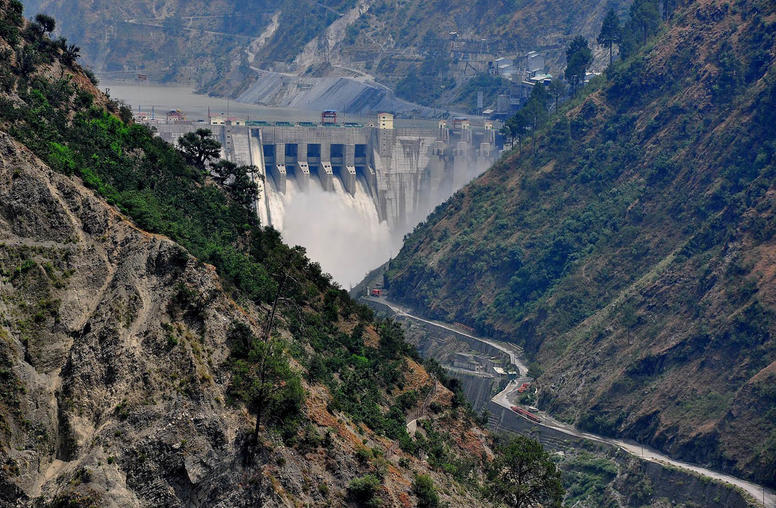
India and Pakistan Are Playing a Dangerous Game in the Indus Basin
On January 25, India sent a notice to Pakistan demanding the modification of the Indus Waters Treaty. Pakistan has so far refused to engage. The treaty, which India, Pakistan and the World Bank originally signed in 1960, allocates rights over the waters of several rivers in the Indus Basin to India and Pakistan.
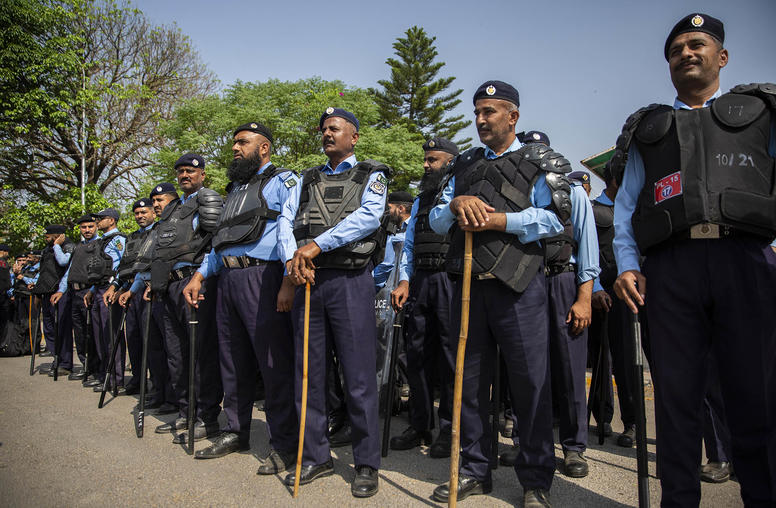
Pakistan’s Parliamentary Period Ends as Election Uncertainty Looms
A five-year parliamentary term just concluded in Pakistan, marking the third such term since the country's 2008 transition from military rule. These past five years were marred by domestic political tumult and an outsized — at times decisive — military role in politics. During this period, Pakistan witnessed two ruling coalitions with different prime ministers: the Imran Khan-led Pakistan Tehreek-e-Insaf (PTI) and allied parties from August 2018 to April 2022, followed by the Shehbaz Sharif-led Pakistan Muslim League Nawaz (PML-N) and allies from April 2022 until this week. Top political leaders also faced legal issues — most recently, Khan was convicted for illegally selling state gifts and disqualified from contesting the election.
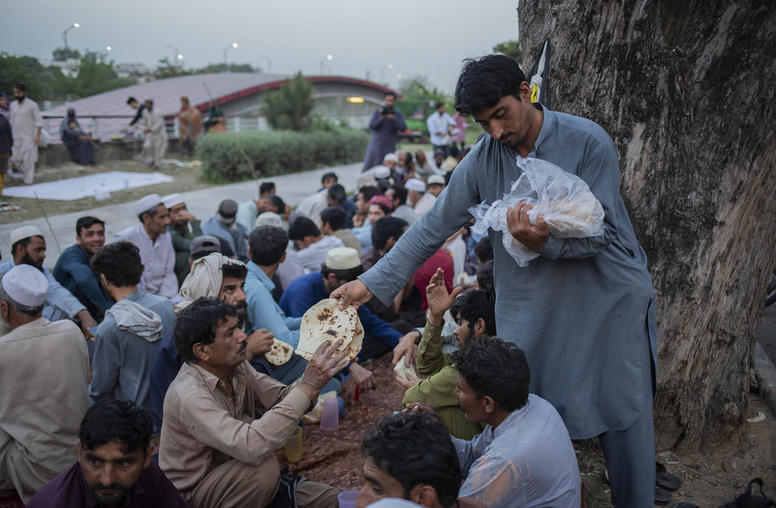
The Promise and Peril of Pakistan’s Economic Recovery Effort
In the first half of 2023, Pakistan appeared to be moving toward a catastrophic economic default. An IMF loan program Pakistan entered into in 2019 had gone off track after the Fund found Islamabad’s commitment to reform lacking, leading to a suspension of loan disbursements. The derailment of the IMF program resulted in a significant drop in the country’s foreign exchange reserves — at one point this year, reserves could only cover about two weeks' worth of imports due to concurrent debt repayment pressure. To avoid defaulting, the government imposed stringent import restrictions in an attempt to control dollar outflows. That caused a major economic shutdown of import-dependent industries, a shortage of essential commodities and surge in inflation.